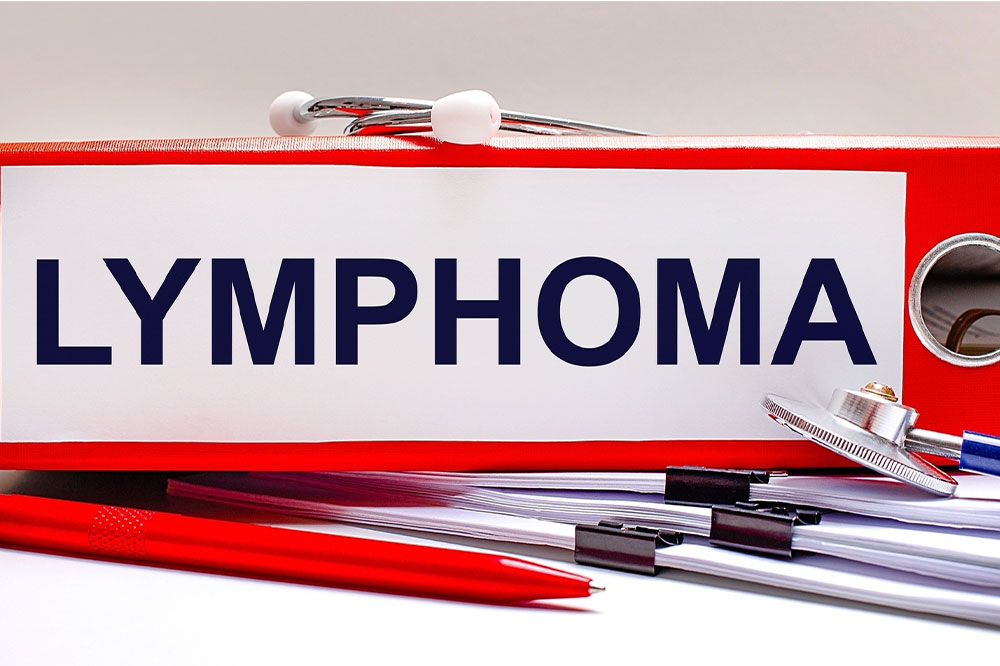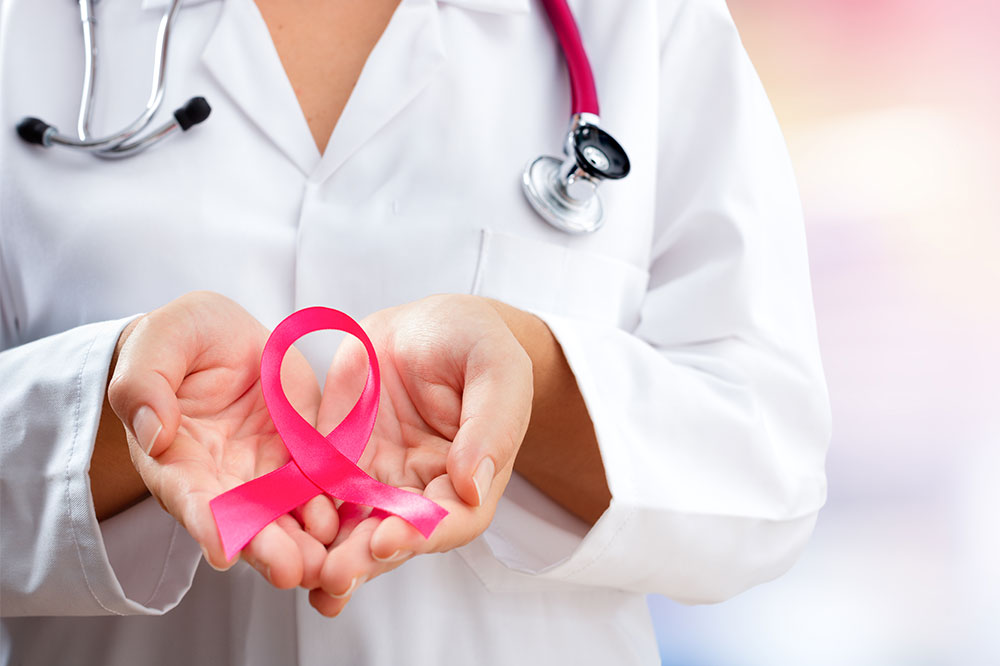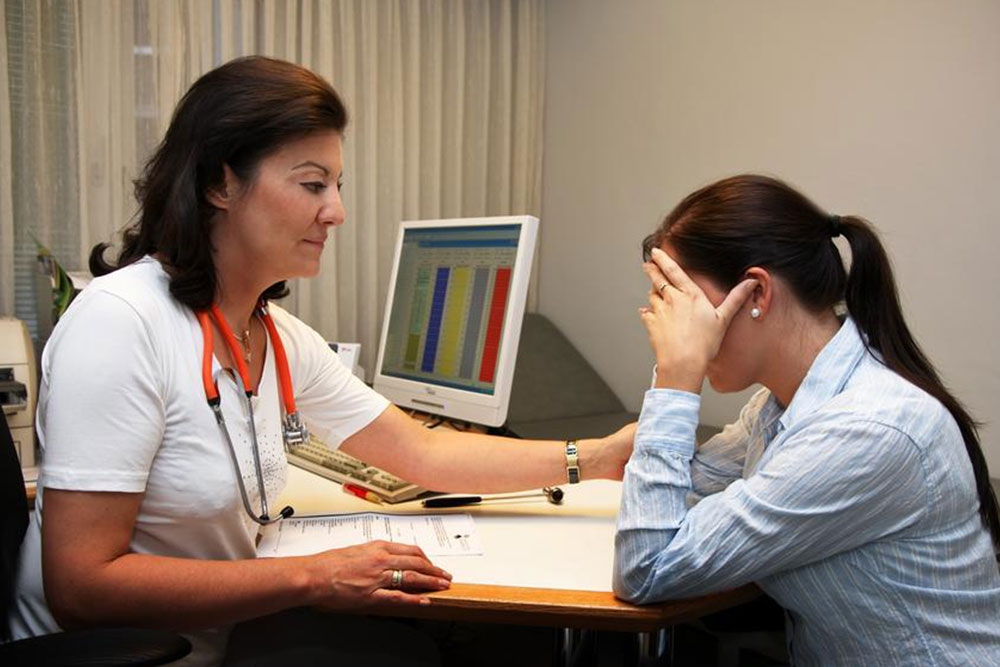Comprehensive Guide to B-Cell Follicular Lymphoma
This article offers an in-depth overview of B-cell follicular lymphoma, a type of non-Hodgkin lymphoma affecting white blood cells. It covers symptoms, diagnosis, treatment options like radiation therapy, and the importance of early intervention. Designed to educate readers on this complex disease, the piece highlights key medical insights from renowned cancer centers. With comprehensive information presented clearly, it aims to support patients and caregivers seeking understanding and treatment guidance for follicular lymphoma.

Understanding B-Cell Follicular Lymphoma
Follicular lymphoma is a type of blood cancer derived from white blood cells, impairing the immune system's ability to fight infections. It falls under non-Hodgkin lymphoma, which is distinguished from Hodgkin’s lymphoma based on the affected cell type. This condition is often considered incurable, with limited treatment options available.
Diffuse Large B-Cell Lymphoma (DLBCL)
A prevalent subtype of non-Hodgkin lymphoma, DLBCL affects roughly one-third of cases. Under microscopic examination, the malignant cells appear larger.
More common among older adults, DLBCL responds well to treatment but tends to grow rapidly, causing breathing difficulties. Swelling in the face and arms is also possible due to the blockage of large veins like the vena cava, posing serious risks to lung function.
Follicular Lymphoma
This form of lymphoma affects about 20% of the population, typically progressing slowly, although individual growth rates vary based on various factors. It mostly impacts individuals aged 60 and above.
Some lymphomas may evolve into B-cell follicular lymphoma with characteristics similar to DLBCL.
Common Symptoms of B-Cell Follicular Lymphoma
As a cancer impacting white blood cells, it can weaken the immune system’s ability to combat infections. The disease is not genetic but is linked to infections, radiation, certain medical treatments, and other cancers. Typical symptoms include:
Unintentional weight loss
Persistent fatigue
Difficulty breathing
Night sweats
Painless swelling of lymph nodes in the abdomen, neck, groin, or armpits
Treatments for B-Cell Follicular Lymphoma
Many individuals remain asymptomatic initially, and doctors often opt for a watch-and-wait approach. Treatment may be initiated when symptoms such as rapid lymph node growth, fever, weight loss, or low blood counts occur.
While many patients recover post-treatment, approximately 30-40% may experience relapse or develop more severe conditions requiring intensive therapy.
Radiation Therapy
Radiation therapy is a common treatment for B-cell follicular lymphoma, especially in early stages. It involves high-energy radiation to destroy cancer cells, often sufficient in early-stage cases. Advanced stages may require additional treatment modalities.
Leading institutions like Jefferson University Hospitals, MD Anderson Cancer Center, Mayo Clinic, and Memorial Sloan Kettering provide comprehensive care to improve patient outcomes.










